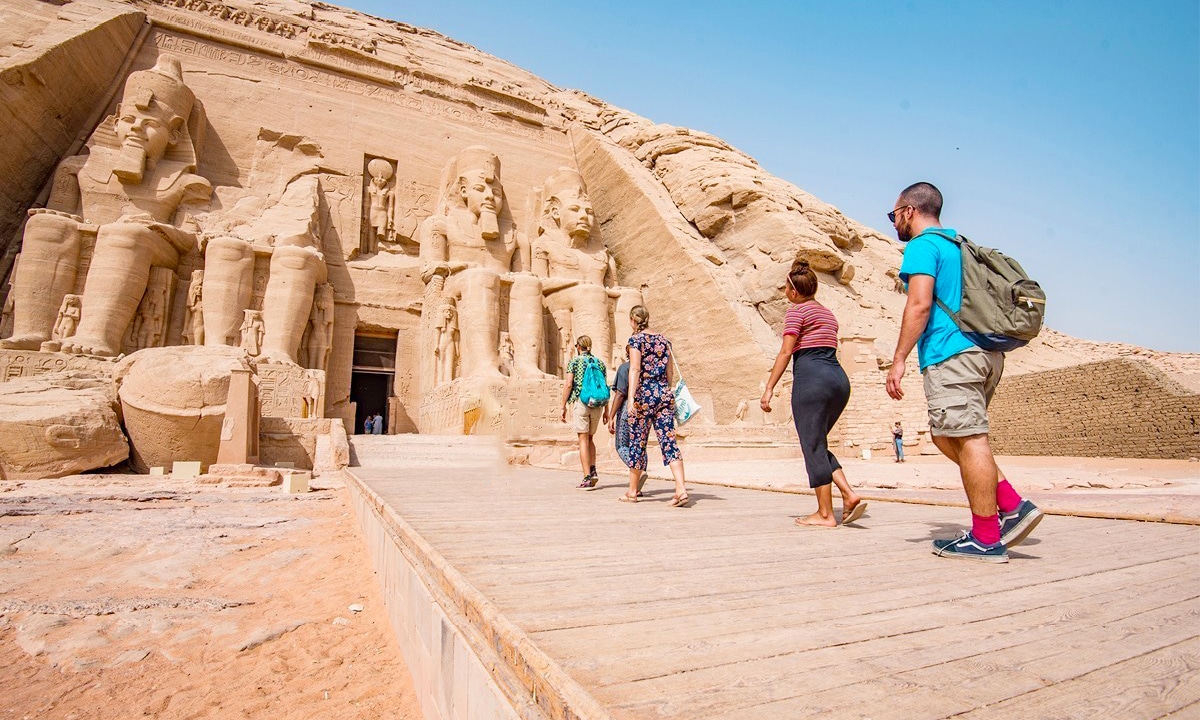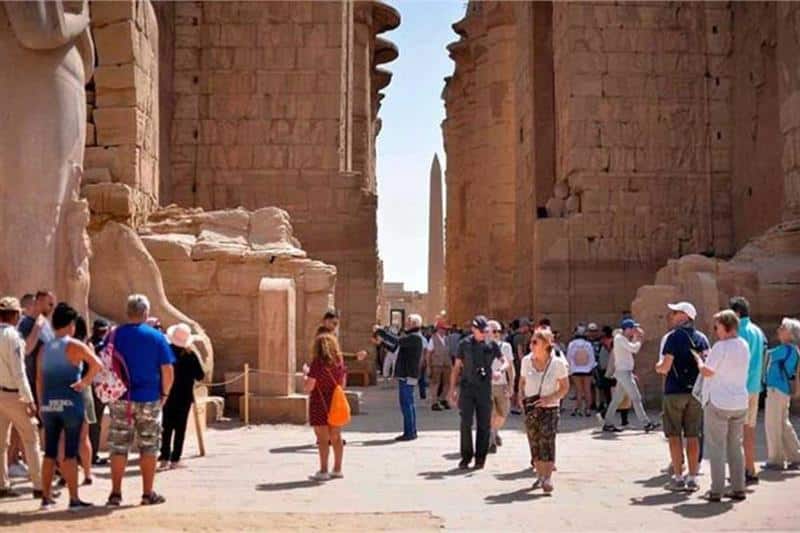Egypt is abundant to a fault; it’s easy for a visitor with only days most likely already allotted to
the Pyramids and other pharaonic sites, to be spoiled for choice, or rather for their tourism
service provider to be. In essence, our job is to maximize clients’ time and enjoyment, which
takes considerable effort to do properly when accounting for the complexities of tourism
development and given further dimension when trying to figure out how to do it sustainably and
responsibly. Tourism is ideally a good driver of and incentive for government and third party
funding for heritage conservation efforts, the building of infrastructure and revitalization of
culture. Unfortunately, those benefits are disproportionately distributed, nor are they reaching
those who could benefit from it most.
The perseverance of Egyptian heritage is, in part, enabled by tourism and so is its decline. This
isn’t the way things have to be; each gear in the tourism engine can work to a bespoke new
spec to reach one end, a more sustainable, more responsible mode of operation. This is to say
that economic, environmental & social responsibility must not remain a niche within the tourism
industry. Small tour providers play a vital role in realizing responsible tourism via a few available
courses of action, the most vital of which is the inclusion of cultural stakeholders such as
destination host communities and local heritage conservation efforts wherever possible; those
most affected by the decisions made throughout the lifespan of a tourism operation should have
a significant role in its development, ensuring no resultant harm comes to their cultural well-
being, livelihoods, environment or heritage sites while also reaping the maximum amount of
benefit for those same host communities.
Recognizing that the conservation of heritage is primarily for the benefit of its inheritors is the
first step to achieving balance when sharing said heritage with others and, in turn, achieving
more responsible tourism. Egyptian heritage is often packaged in pieces when offered as a
tourism product.
The harm of this fragmentation is threefold: an over reliance and the resultant
economic, environmental and social load on key heritage sites, the lack of traffic to lesser
known yet valuable heritage sites, the resultant drought of funding for conservation efforts and
their eventual dilapidation and finally, its impact on the tourist who might have not had their
expectations set correctly by their tourism service provider or may have simply missed out on a
more complete experience. More holistic planning is imperative and can be achieved via a
variety of steps, such as itinerary curation; the inclusion of items that build upon one another to
deliver the whole breadth of value heritage has to offer while minimizing negative impact which
could serve to draw attention from hotspots which may be suffering from over-tourism and
instead to places of significance where disadvantaged communities are able to benefit from
tourism. Working with local communities and committees to come up with effective, realistic and
most importantly ethical marketing solutions could be an impactful first step to attracting tourists
to lesser known heritage sites and disadvantaged host communities.
While the onus of achieving a more responsible standard of tourism doesn’t fall entirely on
tourism service providers, this is a brief outline of only some of what we can do to make sure
our work has the right impact on the destinations, their host communities and tourists alike.
Egypt has more to offer than a standard visit can accommodate. An apt example is the Cairo
Citadel, or rather, the surrounding area, peppered with historical landmarks and other heritage
sites, full of people heading conservation efforts who are willing to share their enthusiasm and
the meaning of their heritage with visitors. Egypt is abundant, and a visitor is likely to miss out
on truly engaging with the culture when staying on the beaten path, to the detriment of
themselves and the communities who could use their tourism.


